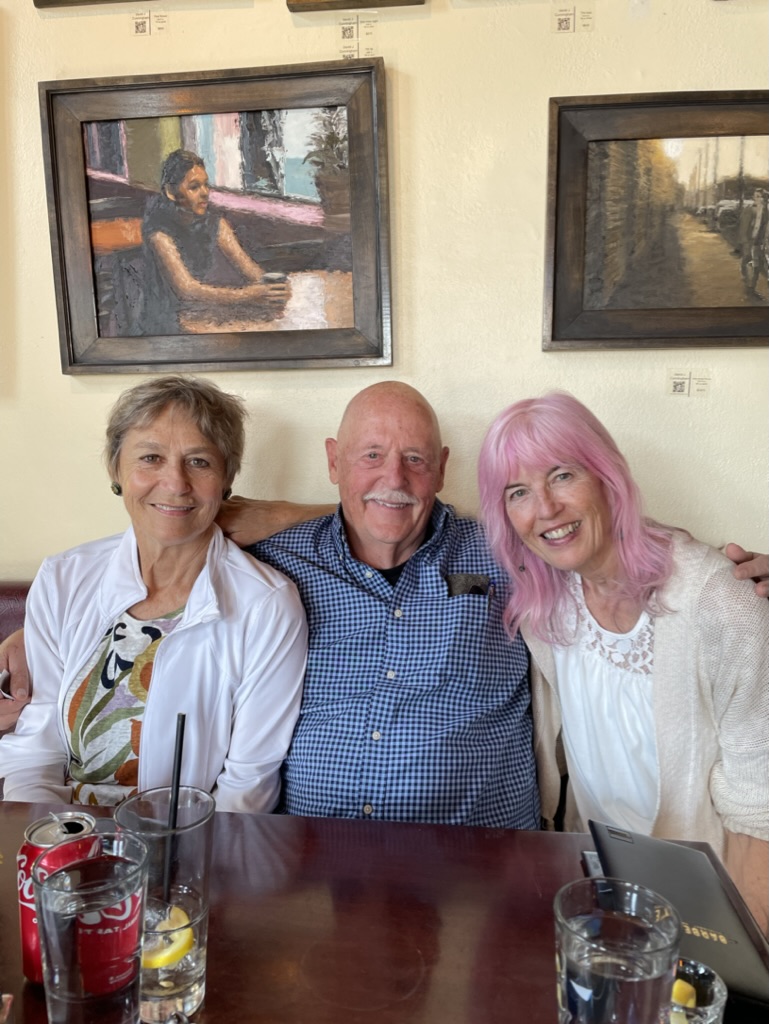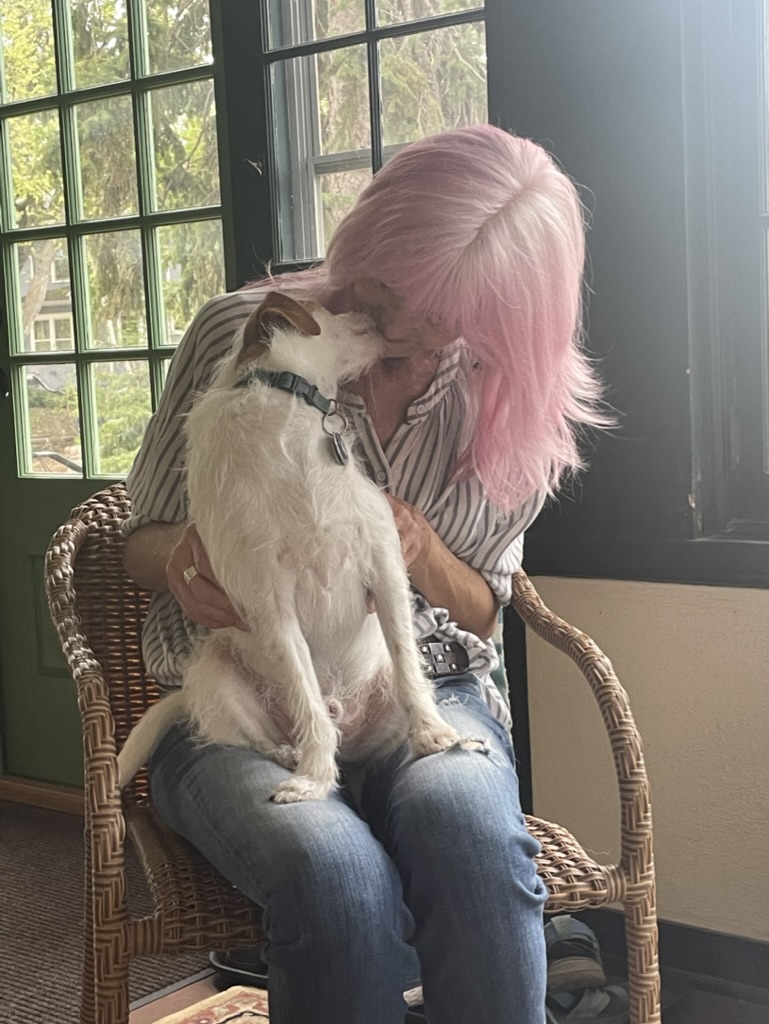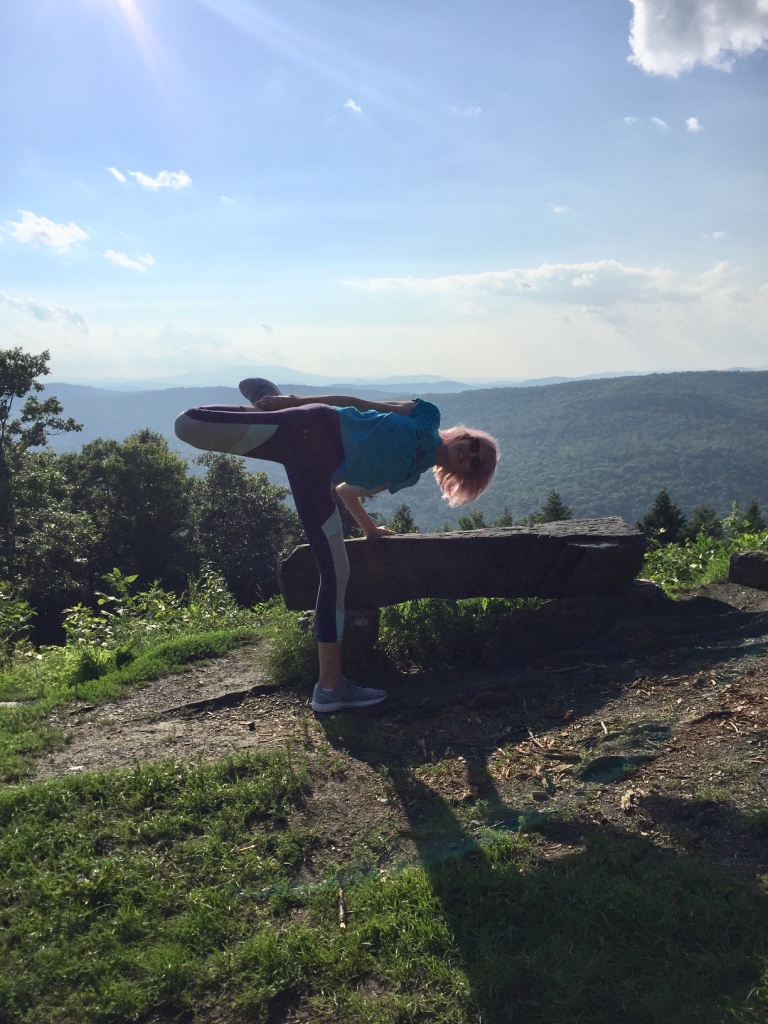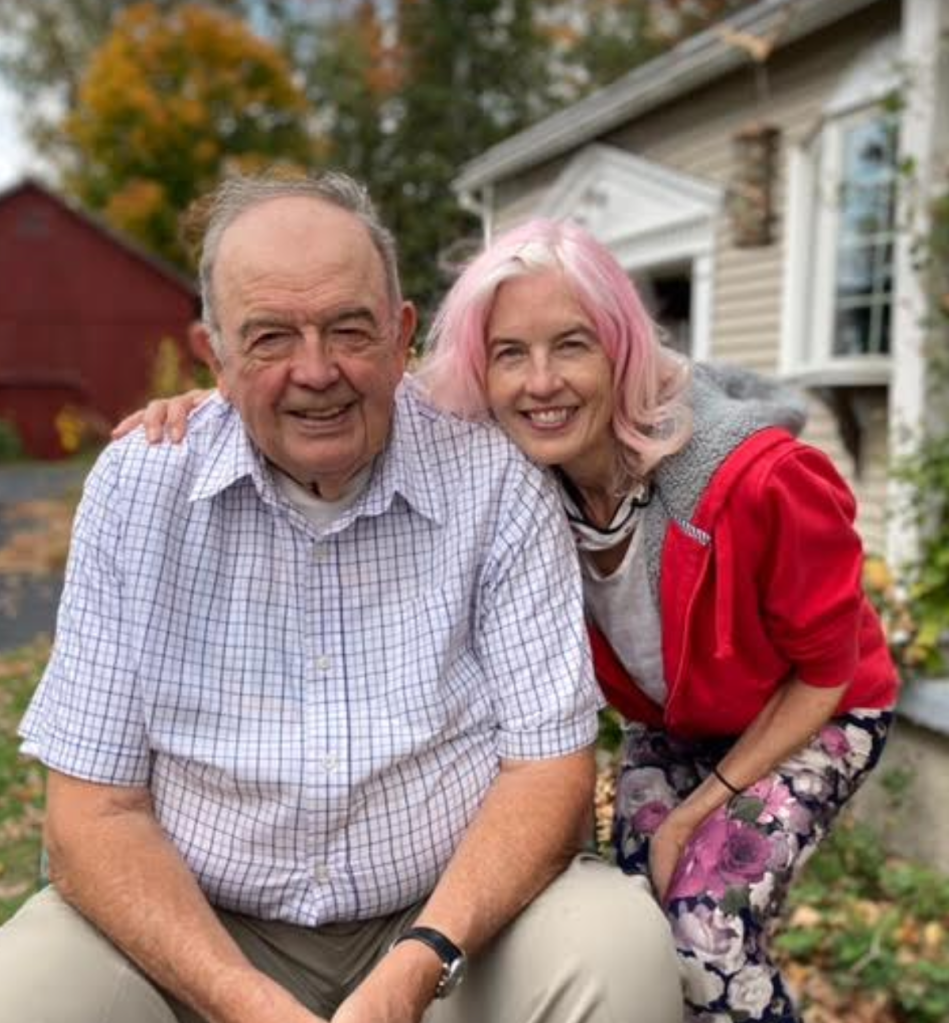Poem of the Week, by V. Penelope Pelizzon
Three spots still open in Plotting for Pantsers, Tuesday, October 3, 6-9:30 pm CT. To register, please click and scroll down. I’d love to see you in the zoom room!

Yesterday I had breakfast with my college Chinese teacher. He and his wife were in town from Vermont and we sat and talked softly about life, about teaching, about all the years between then and now. I told him that when I think of the word “teacher,” it is he who comes to mind. I still remember the first day of Chinese 101, freshperson year in college, a long table with twenty other teenagers. A tall man strode into the room and looked each of us in the eye.
“Nimen hao!” he barked.
In my memory, we all sat straight up, frozen with attention, half terrified, half transfixed. Next day, only eight students returned. I was one of them. Now the memories of tracing characters over and over, the hours and hours spent in the basement of Sunderland Language Lab, earphones clamped on my head, are like a dream. A dream of youth, and time, and a new world opened almost unknowingly because of a man who singlehandedly changed the course of my life with the power of his astonishing teaching.
To Certain Students
– V. Penelope Pelizzon
On all the days I shut my door to light,
all the nights I turned my mind from sleep
while snow fell, filling the space between the trees
till dawn ran its iron needle through the east,
in order to read the scribblings of your compeers,
illiterate to what Martian sense they made
and mourning my marginalia’s failure to move them,
you were what drew me from stupor at the new day’s bell.
You with your pink hair and broken heart.
You with your knived smile. You who tried to quit
pre-law for poetry (“my parents will kill me”).
You the philosopher king. You who saw Orpheus
alone at the bar and got him to follow you home. You
green things, whose songs could move the oldest tree to tears.
Click here for more information on V. Penelope Pelizzon.
My podcast: Words by Winter








